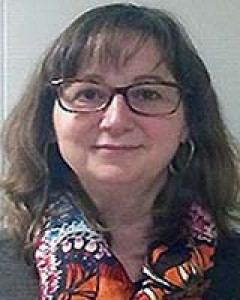Now published, see the full article 
Early Abstract:
Introduction: The prevalence of cancer is increasing among Indigenous peoples in Canada. To enhance quality of life of those Indigenous people affected by cancer, their decision-making experiences must be understood. This paper presents the findings of a qualitative study exploring the treatment decision making practices among Indigenous peoples with cancer in rural and remote Alberta and Saskatchewan, Canada.
Methods: This study employed a qualitative narrative-based approach using the Indigenous research method of storytelling. Seventeen Indigenous participants, 14 women, three men, with various forms of cancer were interviewed. Open-ended questions were used that were designed to understand participants’ decision-making processing regarding their cancer treatment.
Results: Keeping with Indigenous methodology, the interview transcripts were analysed using a narrative method, with the intent that the data would be presented in story format. Eight meta-narrative themes were identified relating to decision making: being strong for family; denial and not wanting to know; family support; fear-based decisions; strength and independence; finding the blessing; traditional medicine and doctors; and the spiritual journey. Participants were involved in validating the analysis to ensure that data was accurately interpreted.
Conclusions: The narratives demonstrate the similarities and differences among Indigenous people with cancer from other countries. A primary feature is that family members play a central role in participants’ cancer treatment decisions. While some participants embraced and relied upon traditional medicines, others were supported by the providers of Western health care. A health care system that provides access to both traditional and Western medicine can be essential to culturally-safe, high quality cancer care for Indigenous peoples.


